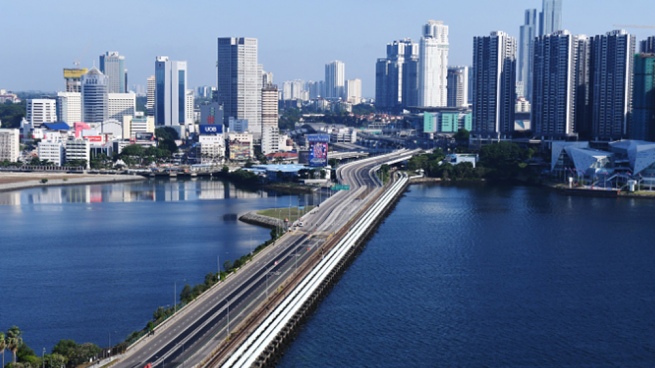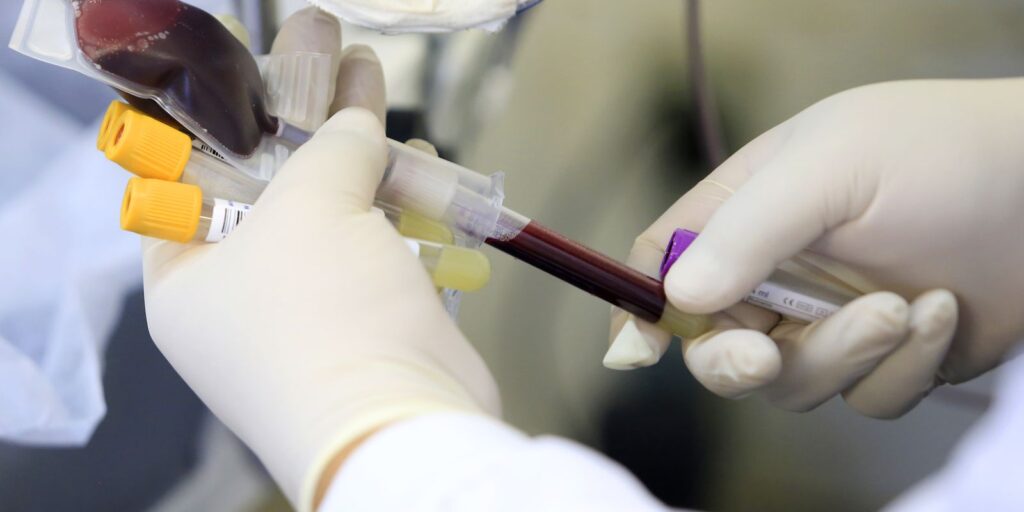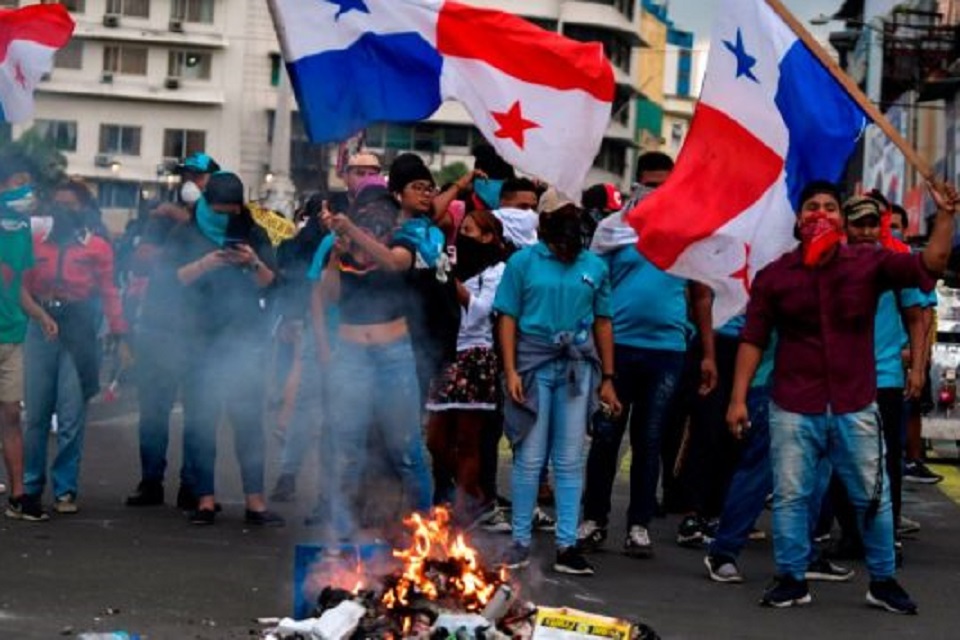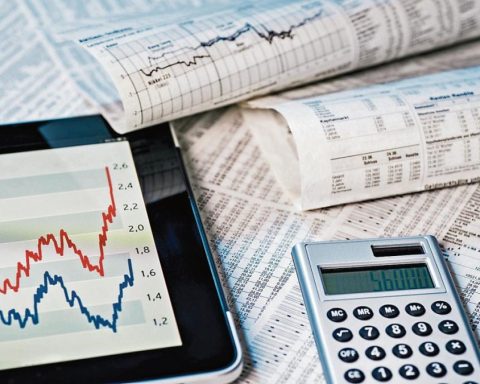The economic agenda for the first day of the sixtieth Mercosur Summit was dominated by the consensus reached by the member countries to lower the Common External Tariff (CET) and by the announcement of the signing of a “state-of-the-art” agreement with Singapore.
Added to this was the bloc’s decision to confront “the challenge of inflation” and point to “gradual reduction of the fiscal deficit”.
The decisions formed part of the deliberations of the Common Market Council (CMC), made up of the foreign ministers of the member countries, and the Macroeconomic Monitoring Group (GMM), in which officials from the Ministries of Economy and central banks also participate.
However, the issue that sparked the most controversy was off the agenda, although it was not unexpected, and focused on the differences between Uruguay and the rest of the bloc’s countries regarding the president’s initiative Luis Lacalle Pou of begin negotiations individually to reach a trade agreement with China.

The announcement of the 10% reduction in the AECin line with the level set by Brazil unilaterally last May, was formulated by the Deputy Minister of Economic Relations and Integration of the Paraguayan Foreign Ministry, Raúl Cano Ricciardi, at a press conference at the Conmebol headquarters, in the city de Luque, in which he clarified that the measure “respects the sensitivities of all the states parties”, referring to the lists of exceptions for some goods and services.
At the meeting of the Common Market Council (CMC), the foreign ministers defined that the positions with a tariff of 2% go to 0%, and that those with a tariff between 4 and 14% are reduced by 10%.
As an example, it was explained that a position with a 4% tariff rate pwill roast to be 3.6%.
This universe is made up, for the most part, of raw materials and supplies that are not generally produced in Argentina, so it is expected that the measure “can contribute to improving the competitiveness of certain final products,” sources said. of the Foreign Ministry.
States parties may also reduce tariffs by 10%, which are currently between 16% and 35%although Argentina will not make reductions on this universe.
In Asunción, Paraguay, I participated in the meeting of foreign ministers of the @mercosur.
The world is going through a profound change. A bloc without consensus, violating its rules, would be very costly for our national and regional capacities. We would be weaker without MERCOSUR. pic.twitter.com/czXYilRgiW
– Santiago Cafiero (@SantiagoCafiero) July 20, 2022
At the proposal of Argentina, on this last universe The automotive, fabric, clothing, footwear, toys, dairy and canned peaches sectors will be excluded from the reduction for all members.
Likewise, they will remain in the special import regimes (temporary admission, draw back, exception lists, capital goods (BK), computer and technology goods (BIT), among the most relevant.
From the San Martín Palace, it was emphasized that “the agreement reached preserves the Argentine interest” by not including the sectors of the aforementioned exception lists.
On the other hand, the agreement with Singapore, “the first with a Southeast Asian country” It was also announced by Cano Ricciardi together with the Minister of Commerce and Industry of Singapore, Gan Kim Young.
The Paraguayan diplomat explained that the agreement is “state of the art” because “transcends the commercial” and encompasses “other disciplines” such as ctrade and gender, public works, dispute resolution, technical cooperation, training for micro, small and medium enterprises, among other aspects.
Cano Ricciardi and Yong pointed out that the agreement demonstrates the strong commitment of Mercosur and Singapore to deepen the reciprocal commercial relationshipexpand opportunities for companies and contribute to the well-being of its citizens, the bloc said in a statement at the end of the CMC meeting, in which Foreign Minister Santiago Cafiero participated on the Argentine side.
“From now on, the parties will begin the process of legal review of the Agreement with a view to its prompt signing and entry into force,” added the Guarani official.
In the first meeting of the day, the GMM and Bolivia as an associated State discussed the “inflation challenge”, the “effectiveness of monetary policies” and “the gradual reduction of the fiscal deficit”.
The Argentine representation in the GMM participated virtually through contacts from Buenos Aires with the president of the Central Bank, Miguel Pesce, and the Secretary of Economic Policy, Karina Angeletti, who were joined in person by the Secretary of Economic Relations Foreign Ministry, Cecilia Todesca Bocco.
In this framework, the Deputy Minister of Economy of Paraguay, Iván Haas, presented the proposal to advance in the coordination of the fiscal and macroeconomic policies of the countries of the regional bloc, a task that had been relegated with the outbreak of the Covid-19 pandemic. 19.
“That is the central theme of the GMM’s agenda for the second semester”, during the Pro-Tempore Presidency of Uruguay, Haas told Télam.
The official admitted that “each country has its particular situations” in terms of the levels of inflation and fiscal deficit, but remarked that the increase in both variables occurred “globally”, to the point that for the first time in the 21st century four countries have year-on-year rates in double digits, with the exception of Uruguay by less than half a percentage point.


















